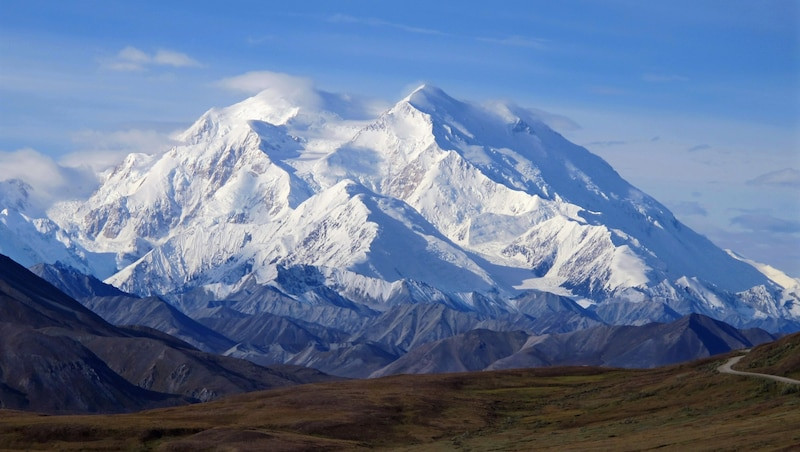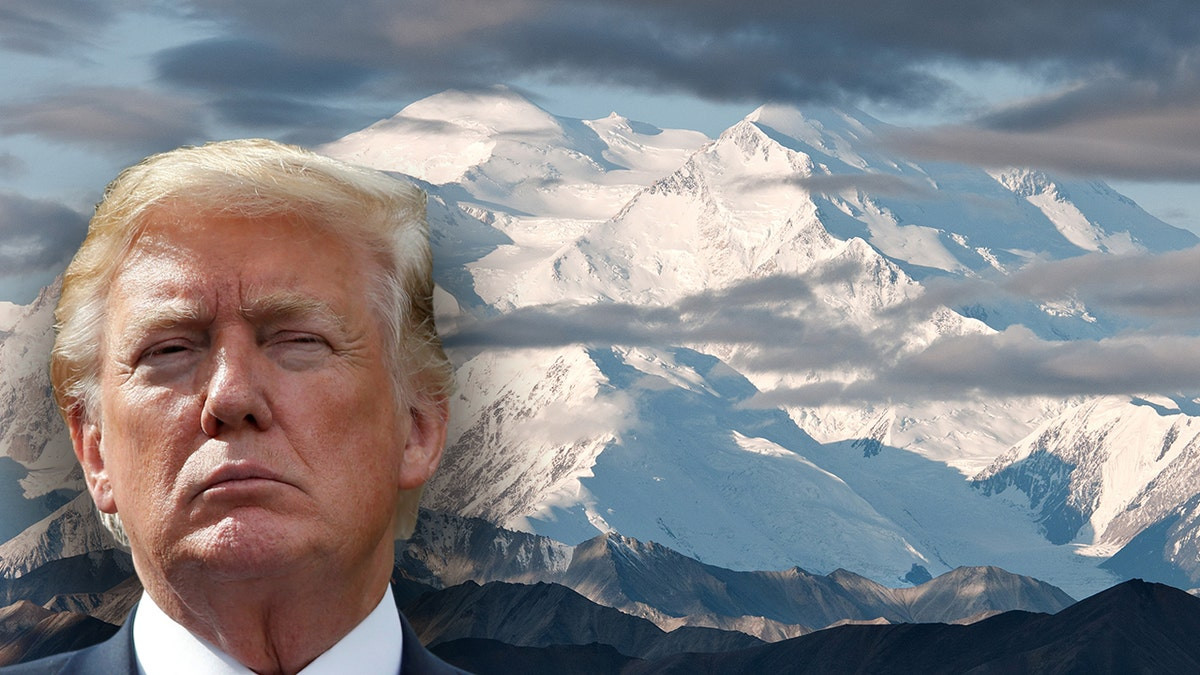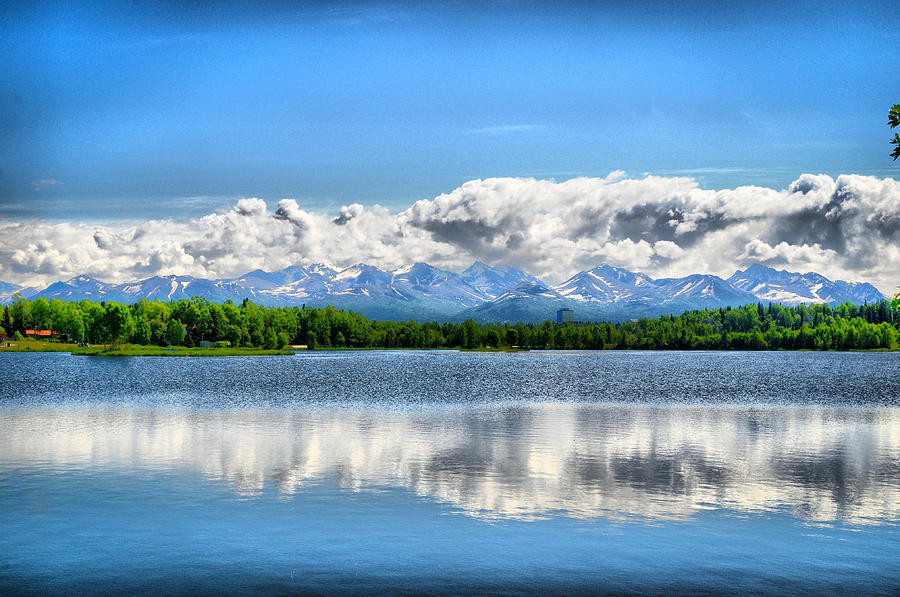Trump's Controversial Renaming Plans: Mount Denali and the Gulf of Mexico
President Donald Trump, upon his return to office, announced a series of significant policy changes, including the controversial renaming of prominent geographical landmarks. His inauguration speech included a pledge to restore the name of Mount Denali in Alaska to its former name, Mount McKinley, a move that has ignited a fiery debate across the nation.
The Mount Denali/Mount McKinley Controversy
The debate surrounding the renaming of Denali, the highest peak in North America, is a long-standing one. Officially named Mount McKinley by the government in 1917, the mountain has held deep cultural significance for the Koyukon Athabascan people who have called it Denali for generations, meaning “The Great One.” The original naming in 1896 by prospector William Dickey was in honor of then-presidential candidate William McKinley. However, McKinley himself never visited the mountain and had no direct historical ties to the region.
In 1916, even before the area became a national park, there were calls to preserve the name Denali, as documented by Charles Sheldon’s request to the Alaska Engineering Commission. Despite these early appeals, the park was officially named Mount McKinley National Park in 1917, a move that disregarded the Athabascan naming tradition. A sustained effort to restore the name Denali began in 1975, culminating in President Barack Obama officially changing the name in 2015 to better reflect the history and traditions of the native Alaskan people. Obama's decision was partly motivated by a campaign promise to improve relations with Native American tribes. This action was seen by some as a recognition of the cultural significance of the name Denali to the indigenous population, while others viewed it as a politically motivated move to erase the name of a former president.
Trump's announcement to revert the name back to Mount McKinley reflects his stated intention to honor former President William McKinley, citing his economic policies, specifically the McKinley Tariff, which dramatically increased taxes on foreign products. This echoes Trump’s own inclination towards protectionist trade policies. Trump's decision is not without opposition, with Alaska's two Republican senators, Lisa Murkowski and Dan Sullivan, openly voicing their support for retaining the name Denali.
Senatorial Opposition
Senator Murkowski, in a statement posted on social media, asserted that “there is only one name worthy of North America’s tallest mountain: Denali - the Great One.” Senator Sullivan, through a representative, also expressed his preference for the Athabascan name, acknowledging the deep historical and cultural ties of the indigenous people to the mountain.
The Gulf of Mexico Rename
Beyond Mount Denali, President Trump also revealed his intention to rename the Gulf of Mexico the “Gulf of America.” This proposal, fueled by Trump’s criticism of immigration from Mexico, was announced earlier in January and has been met with both support and strong resistance. While Representative Marjorie Taylor Greene introduced a bill to legally change the name on federal documents and maps, the reality is that international recognition of geographical names is not easily controlled and many countries may continue to use their established names. The move is another example of Trump's contentious stance on immigration and his efforts to reshape national identity. This is another politically charged decision that has led to heated public discourse.
International Implications
The attempt to rename the Gulf of Mexico highlights the complex nature of geographical nomenclature. The Associated Press points out that various countries sometimes use different names for the same bodies of water or landmarks. For example, different countries may utilize distinct local names rather than the internationally recognized official designation. Therefore, Trump's proposal may be more of a symbolic gesture than a truly effective change.
A Legacy of Controversy
These renaming initiatives are consistent with President Trump’s broader political strategy of challenging established norms and stirring public debate. His actions underscore a deeper narrative about national identity, economic policy, and the relationship between the federal government and Indigenous communities. While Trump’s supporters may view his decisions as a restoration of traditional values or a bold statement of national pride, his detractors would likely see them as disrespectful erasures of history and culture. Whether these controversial decisions shape the narrative of his administration remains to be seen.
A Lasting Impact?
The long-term consequences of these name changes are uncertain. The renaming of Mount Denali and the Gulf of Mexico will undoubtedly continue to be a topic of discussion and debate for years to come. It’s clear that these decisions carry significant symbolic weight that extends far beyond the simple alteration of a name. The true lasting impact is something only time will reveal.
The ramifications of President Trump's actions will certainly reverberate throughout the nation and beyond for many years to come. The effect of these controversial actions on future generations remains to be seen. The debate surrounding these changes and the complexities of national identity continue to dominate public discourse.


















